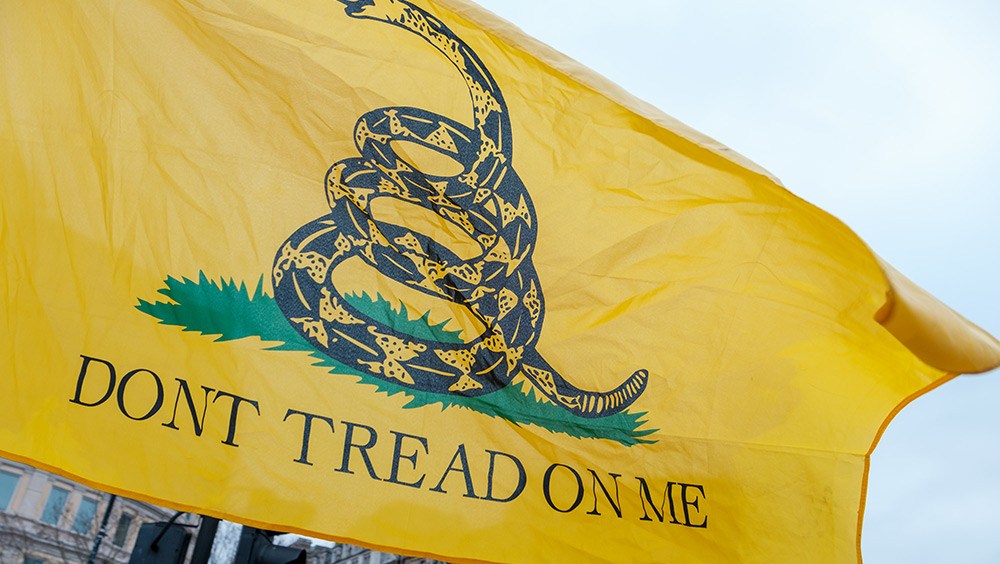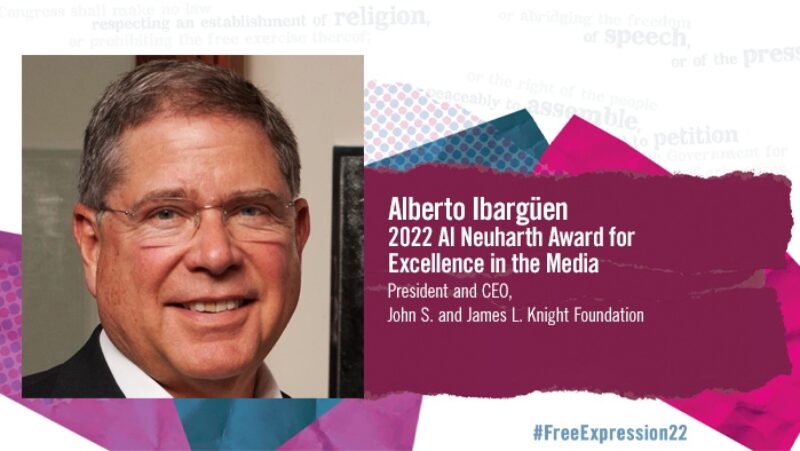Dissent Is More Than Patriotic. It’s Baked Into the First Amendment

You don’t need to see many car bumpers before you run across a quote often attributed to Thomas Jefferson: “Dissent is the highest form of patriotism.”
Whether Jefferson actually said or wrote it is highly suspect, but the sentiment rings loud: Political dissent is part of a vibrant democracy – one that Jefferson helped shape.
From the earliest days of the United States, dissent among the founders was an essential part of laying out the country’s path. Yes, those early decades excluded voices other than those of land-owning white men. But there were active voices of dissent from the beginning. In fact, the First Amendment itself exists because of dissent over the Constitution.
Dissent and the First Amendment
Some founders like John Hancock and George Mason, known as the antifederalists, favored more states’ rights and a weaker central government. They also advocated hard for a Bill of Rights that wasn't in the original constitution. This dissent led to the passage of the Constitution and the Bill of Rights.
That Bill of Rights, of course, includes one very relevant piece here: the First Amendment. Its core principles mean speech is a protected form of dissent.
The French writer Alexis de Tocqueville observed in the 1830s, in his book “Democracy in America,” the ways in which political dissent was not only allowed but explicitly protected in the young United States. Nearly 200 years later, his observations about preventing “the tyranny of the majority” are just as relevant.
It’s one thing to keep that protection in formal law. It’s another to understand it as a value, one that’s essential to a healthy country.
The First Amendment is not only a law – one that came about through much in-fighting and dissent against the majority opinion – it is also a deeply ingrained value. Protecting it and demanding that our government officials protect it, especially when it comes to political dissent, are critical to preserving everyone’s ability to participate in political decision-making.
Consider that U.S. Supreme Court decisions give prime real estate to dissenting opinions. They may not have the force of law, but they are valued and often help shape future decisions. Justice Antonin Scalia is particularly well known for his memorable dissenting opinions.
Political dissent is not reserved for people in government
One common symbol of dissent is the Gadsden flag, recognizable with its yellow background and coiled rattlesnake with the words “Don’t Tread on Me.”
Its roots are in the American Revolution as a symbol of unity for the colonies in their fight against the British. Today, it’s used more often as a sign of protest (usually by the political right) against perceived government interference in individual liberties.
Underlying it is the idea of dissent.
These aren’t just theoretical actions. From waving the flag at a rally protesting COVID-19 vaccine mandates to three Democratic state lawmakers in Tennessee protesting gun violence on the House floor to transgender Montana state Rep. Zoey Zephyr protesting her silencing by majority Republicans to all Republicans in the Oregon senate walking out to thwart majority Democrats – all are examples of modern political dissent.
To look outside the U.S., Alexey Navalny is currently jailed in Russia. He’s an opposition leader who formally ran against President Vladimir Putin in 2018. He was poisoned and nearly died in 2020 before being jailed. He represents much more than a political opponent of Russia’s leader. Navalny demonstrates what dissent is. The threats he faces show the perils faced by people who live in countries without First Amendment protections, where dissenting views are neither explicitly protected by law nor upheld as a core value.
Alexey Navalny is a 2023 Freedom Forum Free Expression Award honoree.
It is dissenting voices like Navalny who remind us that words on paper are meaningless without people truly valuing everything they encompass.
It's also worth remembering that mere existence can be a form of dissent with or without running for office or being in a minority political party. You can argue that is the most First Amendment-friendly position of all: Dissent is a right for all people, not just opposition voices in government.
The First Amendment not only protects free speech, but it also encourages us to use that speech as a necessary dissenting voice.
Scott A. Leadingham is a Freedom Forum staff writer, journalist, and journalism trainer. On Twitter: @scottleadingham
Presidential Convention Protests: First Amendment Protections, Limits
Alberto Ibargüen: A Vision to Reinvent Local News
Related Content

